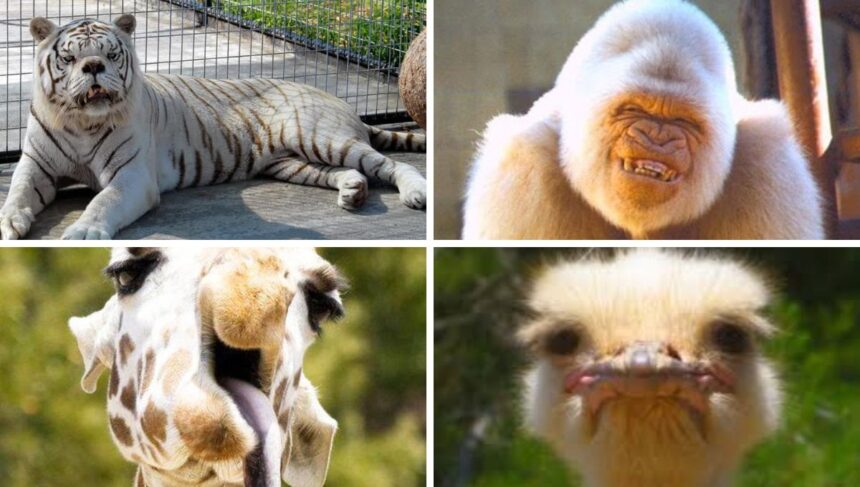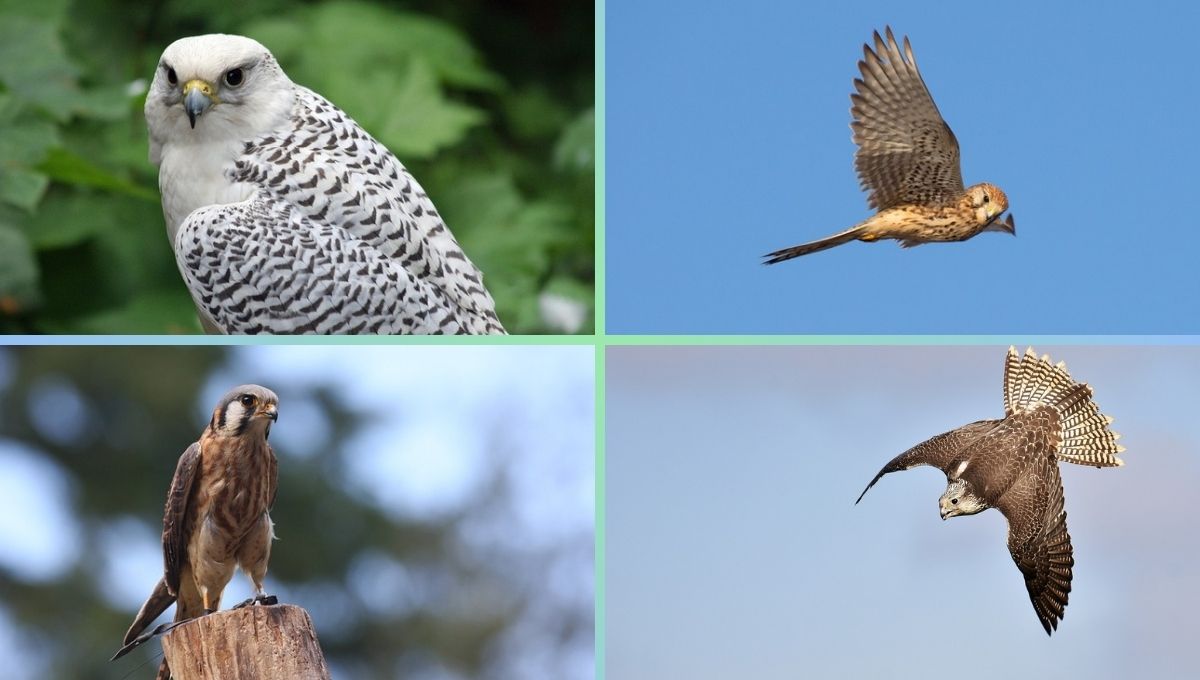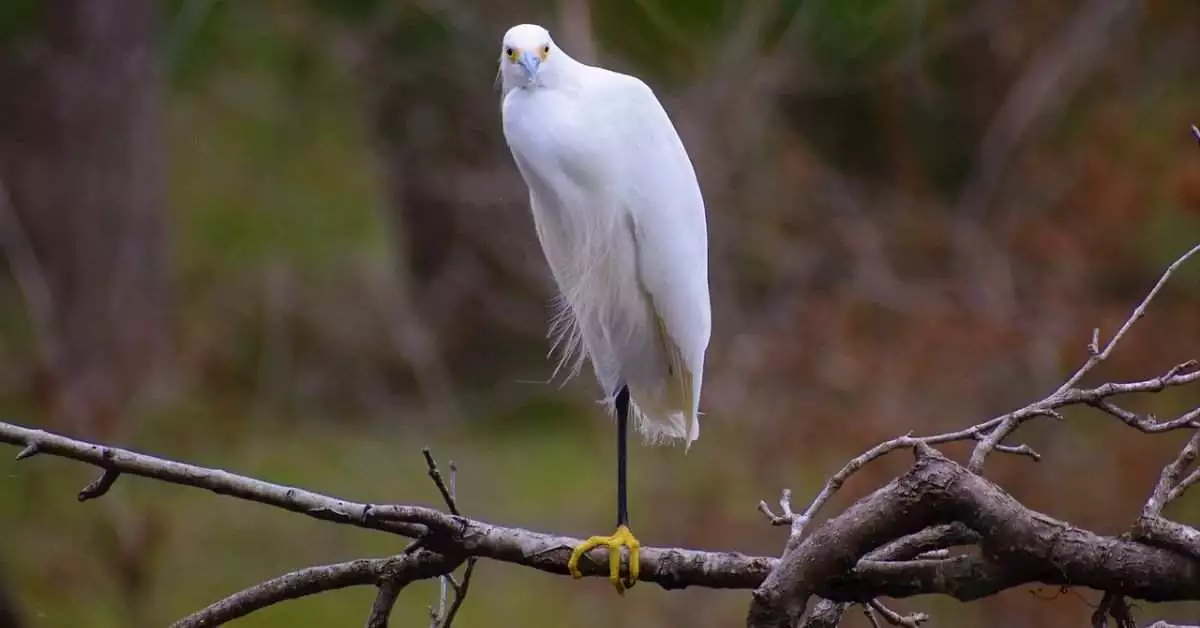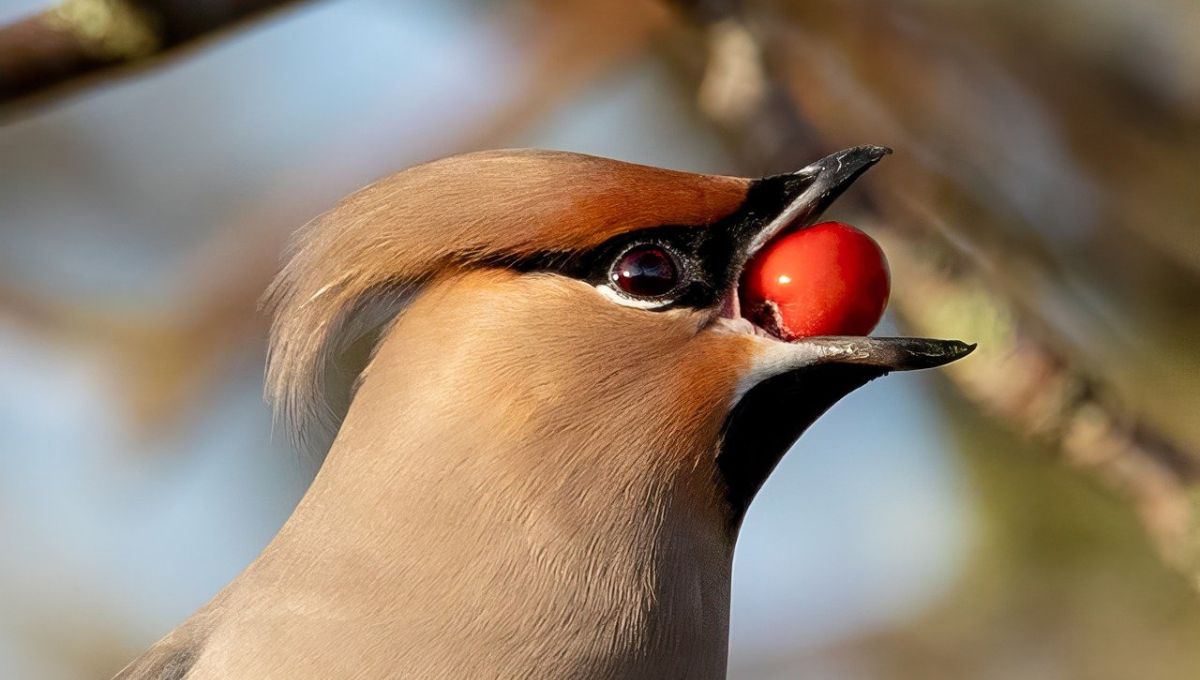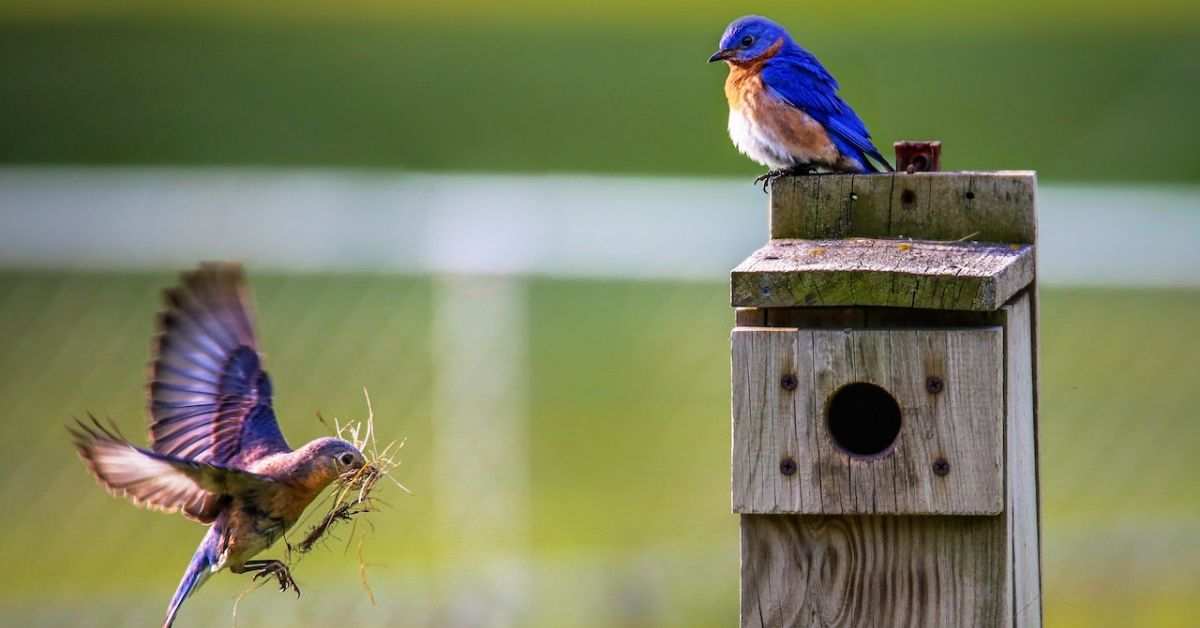Animals bring joy and wonder to our lives, each with its own set of behaviors and traits. But did you know that animals, like humans, can have conditions that affect their growth and development?
While it’s not the same as human Down syndrome, some animals show similar traits due to their unique genetic differences.
This blog post will explore these conditions in animals, aiming to increase awareness and understanding.
Understanding Down Syndrome:
Down syndrome in humans is a well-known genetic disorder, resulting from an extra copy of chromosome 21.
This leads to distinctive facial features, certain physical challenges, and developmental delays. However, animals don’t have the same genetic makeup as humans, so they can’t have “Down syndrome” in the way humans do.
Instead, they may have similar conditions caused by extra or missing chromosomes.
Animals with Down Syndrome:
Animals can’t technically have Down syndrome, but they can experience conditions that mirror it. Let’s look at a few examples:
- Kenny the Tiger: Kenny was a white tiger with a facial structure that appeared different. His features were linked to genetic issues due to inbreeding among captive white tigers, which is similar but not identical to Down syndrome.
- Monty the Cat: Monty became famous on social media because of his distinct face and calm demeanor. Some thought Monty had a feline version of Down syndrome, but in reality, he had a chromosomal abnormality that made him unique.
- Otto the Dog: Otto, a dog purported to have a condition similar to Down syndrome, displayed certain physical and behavioral traits such as a flat face and difficulties with coordination. However, like Monty, what Otto had wasn’t Down syndrome as it occurs in humans but rather a genetic anomaly unique to his species.
Myths and Misconceptions:
There are myths about animals with these conditions being less capable or having a poorer quality of life. However, these ideas are not accurate.
Animals with genetic differences, just like humans, can lead joyful and fulfilling lives when given the right care and environment.
It’s important to focus on the capabilities and the unique charm they bring into the lives of those who care for them.
The Importance of Diversity:
The natural world thrives on diversity, including the various species and individual animals with their unique traits. Embracing this diversity enriches our understanding of nature and teaches us acceptance and compassion.
Recognizing the value of each creature, regardless of its genetic condition, helps us appreciate the complexity and beauty of life.
Conclusion:
Animals that exhibit traits similar to Down syndrome remind us of nature’s complexity and the special care they require. They teach us about diversity and acceptance in the animal kingdom. By understanding these conditions better, we can improve the lives of all animals and foster a more compassionate world. Let’s celebrate every animal for what they bring into our lives: diversity, joy, and the opportunity to learn about nature’s wonders.
